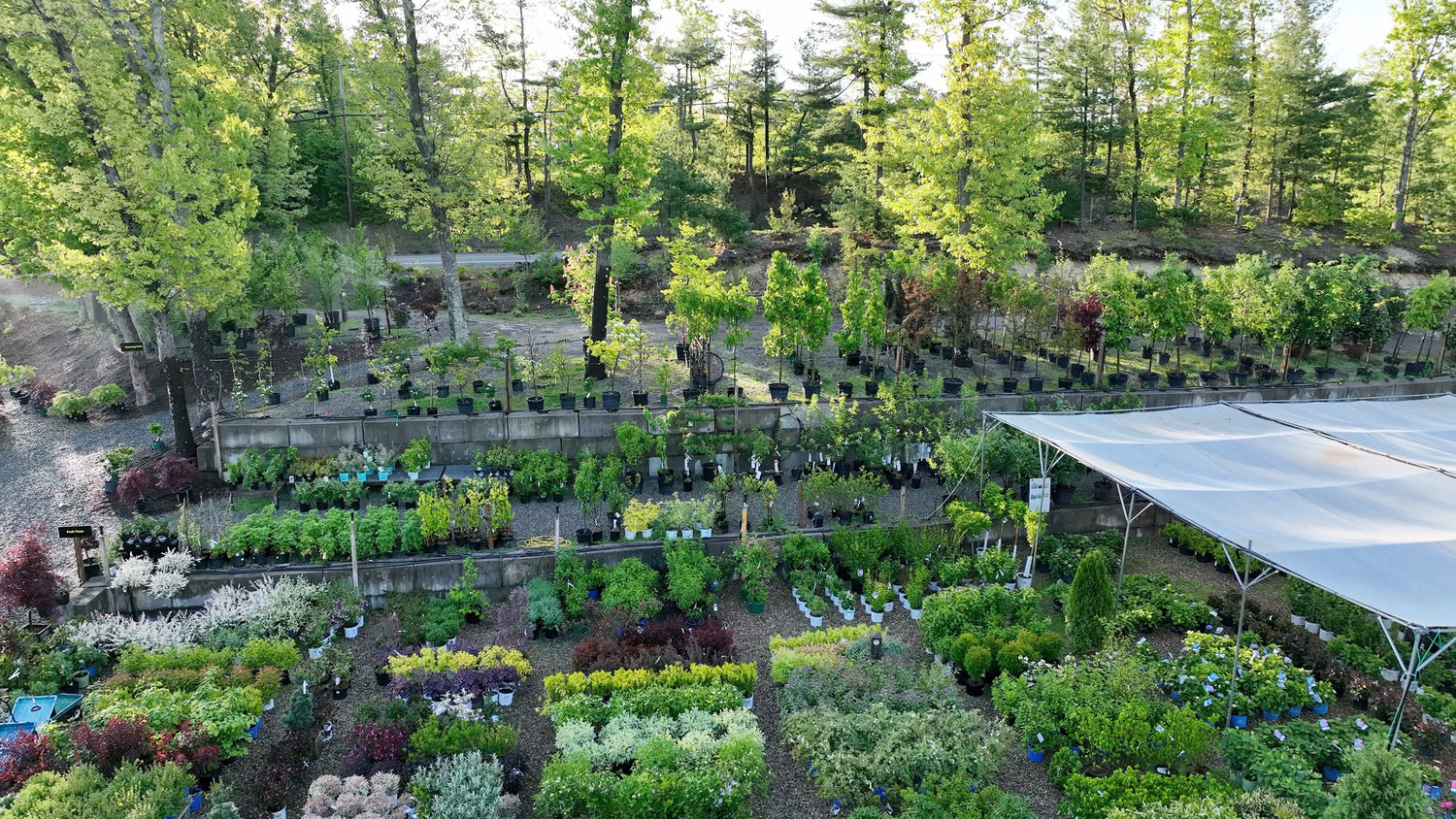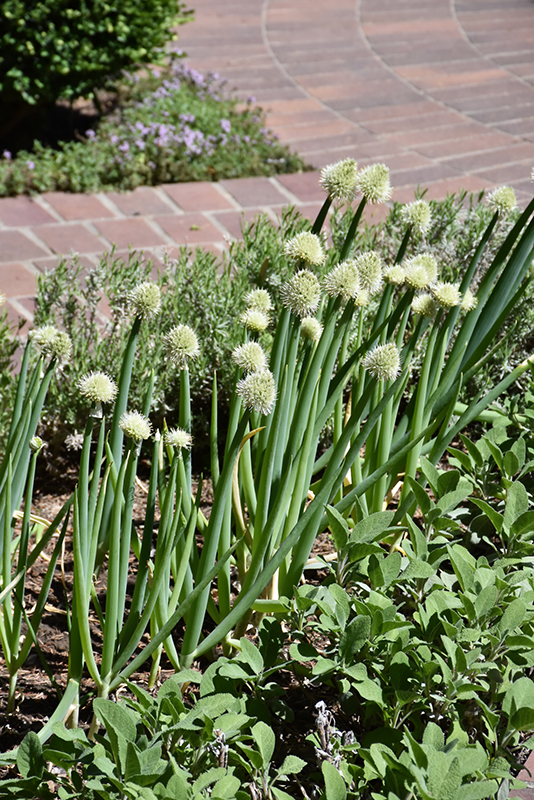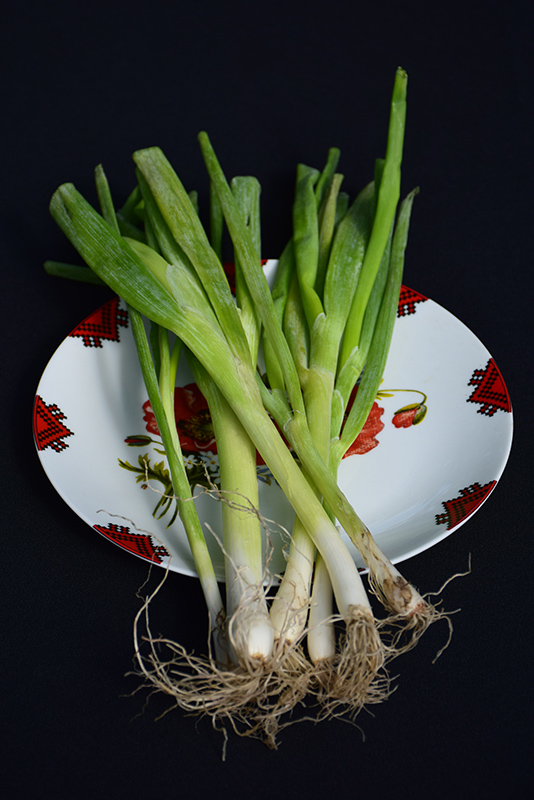Plant Guide
Plant Height: 14 inches
Flower Height: 30 inches
Spacing: 14 inches
Sunlight:
![]()
![]()
Hardiness Zone: 6a
Other Names: Welsh Onion, Japanese Bunching Onion
Description:
A clumping, perennial onion grown primarily as a vegetable for harvest of its onion flavored leaves; may be harvested year round in warm climates; globular flower clusters on long stalks from mid spring to late summer are quite showy
Edible Qualities
Spring Onion is a perennial vegetable plant that is typically grown for its edible qualities, although it does have ornamental merits as well. The fragrant narrow bluish-green leaves can be harvested at any time in the season. The leaves have a zesty taste with a crisp texture and a pleasant fragrance.
The leaves are most often used in the following ways:
- Fresh Eating
- Cooking
- Seasoning
Planting & Growing
Spring Onion will grow to be about 14 inches tall at maturity extending to 30 inches tall with the flowers, with a spread of 18 inches. When planted in rows, individual plants should be spaced approximately 14 inches apart. It grows at a fast rate, and under ideal conditions can be expected to live for approximately 5 years. As an evegreen perennial, this plant will typically keep its form and foliage year-round. As this plant tends to go dormant in summer, it is best interplanted with late-season bloomers to hide the dying foliage.
This plant can be integrated into a landscape or flower garden by creative gardeners, but is usually grown in a designated vegetable garden. It does best in full sun to partial shade. It does best in average to evenly moist conditions, but will not tolerate standing water. It is not particular as to soil type or pH. It is highly tolerant of urban pollution and will even thrive in inner city environments. This species is not originally from North America. It can be propagated by division.




